

  |
|
|
||||||||||||||||||||||
|
FMS FEATURE... August 1, 2018 Patrick Williams: An Appreciation Beloved music man left incomparable legacy by Jon Burlingame 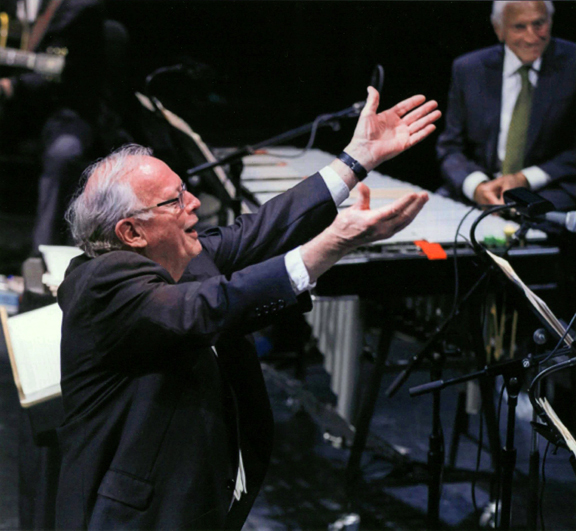 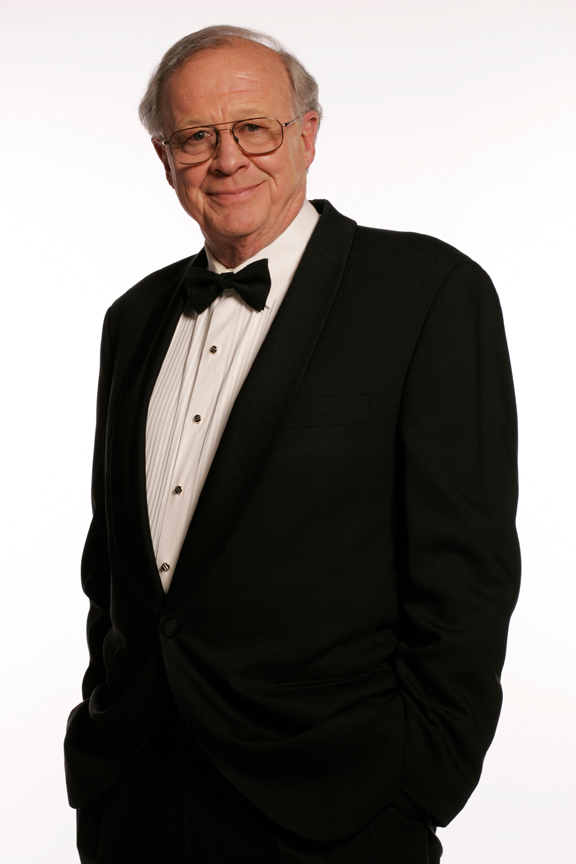 Williams composed classic TV themes for The Streets of San Francisco, Lou Grant, The Bob Newhart Show and The Days and Nights of Molly Dodd; he wrote music for The Mary Tyler Moore Show, Columbo and dozens of TV-movies that ultimately earned him three Emmys and another 19 nominations. "I think we've done six series and two movies together, and every time I didn't use him, I regretted it," producer Allan Burns (The Mary Tyler Moore Show, Lou Grant) said a few years ago, when Williams received a lifetime achievement award from BMI. "He's so versatile, he could give me anything. He's just amazing." Added producer Jay Tarses (Molly Dodd, The Slap Maxwell Story): "He just seems to embellish what I'm doing dramatically or comedically, with a sound that adds to entire environment. There's nothing he can't do." Williams' Oscar nomination was for the delightful adaptation of Mendelssohn and Rossini for 1979's Breaking Away, but he also wrote approximately 50 other scores -- many of which weren't properly appreciated in their time -- ranging from the noirish piano theme for The Cheap Detective and the '40s-era sound of Swing Shift to the Afro-Cuban drummers of Richard Lester's Cuba and a warm Americana ambiance for Casey's Shadow. "His musical ability is vast," director Carl Reiner (for whom Williams scored All of Me and That Old Feeling) once said, "and he's also a great jazz musician. I've loved him ever since I heard his big orchestra jazz albums. He's very creative." As Williams' friend and frequent lyricist Arthur Hamilton put it last week: "His music was muscular, sensuous, powerful, and captivatingly rhythmical. Using the very best musicians, he was able to pull them or push them to the places he wanted them to go. He was a great father and husband, and he was unfailingly your friend. And he was loved by his peers." Williams was born in Missouri and attended Duke University (where he met his wife of 56 years, Catherine). Winding up in New York, he became a sought-after composer-arranger, especially of commercial jingles, and began recording albums for Verve. He arrived in L.A. in 1968, where his unique blend of jazz and traditional orchestral music was welcomed, at Universal (The Name of the Game), Quinn Martin Productions (Streets of San Francisco) and especially MTM (Mary Tyler Moore, Bob Newhart, Lou Grant, and many others). 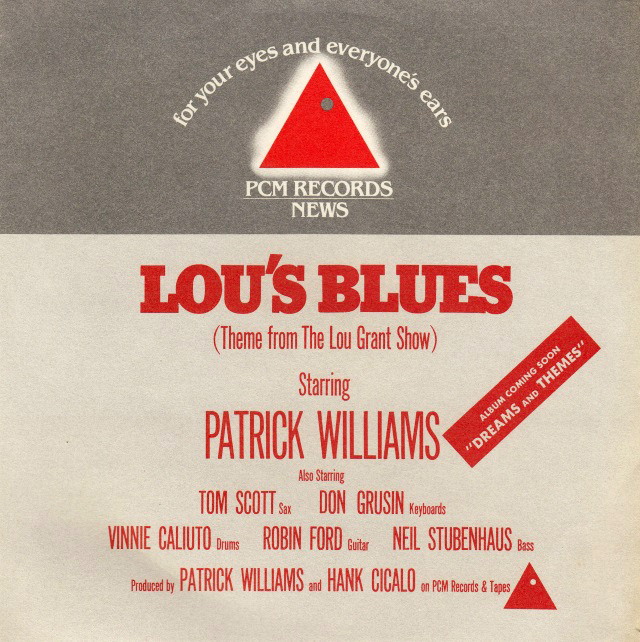 Williams' kindness and generosity were well-known throughout the business. In 1982, he launched a Rock Hudson detective drama, The Devlin Connection, scoring the first five episodes. On the sixth, he offered his orchestrator, Nan Schwartz, the opportunity to write the entire score. He conducted it, and the producers congratulated him on a fine job. "I didn't write it, she did," Williams said, pointing to Schwartz. She did the rest of the series and wound up with an Emmy nomination – the first ever awarded to a woman for a dramatic score. "He was always really generous with his praise, so supportive and encouraging," Schwartz said last week. Daniel Carlin, director of the Screen Scoring program at USC who worked as music editor on Lou Grant, said Williams "became a very generous and important mentor and, as time went on, he encouraged me to study conducting so that I was able -- without too much damage -- to conduct and produce several of his scores when the demands of his busy career required him to be off doing some other show. Thanks to that break, along with lots of other encouragement from Pat, I later was able to get gigs conducting for other composers on major film and TV projects." 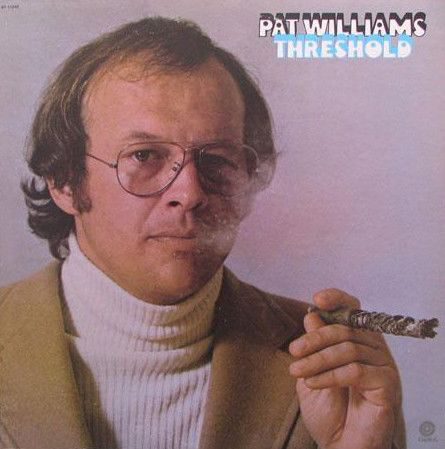 Williams' Soundwings label of the 1980s saw more of that one-of-a-kind composition, arrangement and musicianship, including extended pieces for saxophonist Tom Scott ("Romances") and trombonist Bill Watrous (the Grammy-winning "Suite Memories"). Soundwings also enabled him to produce "Gulliver," an elaborate and thrilling tone poem with narration by Larry Gelbart, spoken by Sir John Gielgud and played by London's Royal Philharmonic. "Pat's charts have a lyrical quality that makes them fun to play, and they swing like hell," Scott said in 2010. "Whenever I get a call, 'Pat Williams needs you,' I would do anything to be there, whether it was a record or a movie or a TV show." Added flutist Hubert Laws: "I've always had the greatest respect for Pat and his writing ability, with the melody and harmony and rhythm. The spontaneity of it all really intrigues me." Critic Gene Lees put it this way: "Pat's writing is breathtaking. He's just one of the finest arrangers and composers who ever put pen to paper." 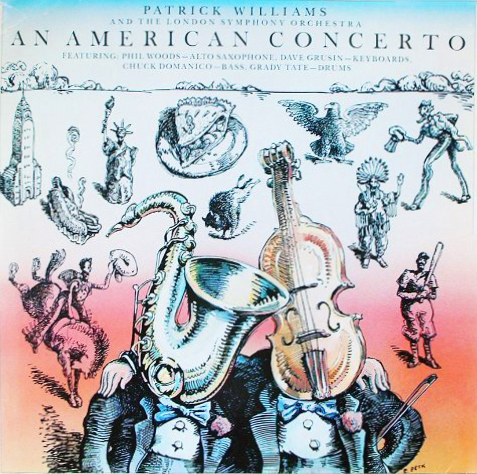 Fellow film composer and jazz pianist Dave Grusin said on Monday: "Pat has been a dear friend and colleague since the '60s, and I've always loved and admired his unique sense of orchestration. He swings whenever he wants to, and is tenderly sensitive when appropriate. We've had a sense of mutual support since the beginning, both musically and personally. I miss him mightily." Monica Mancini is one of many singers for whom Williams created arrangements. Williams arranged her first album, a 1998 tribute to her father, composer Henry Mancini. She asked him to do one song; he insisted on doing the entire album. "He and Dad were so close," she said on Monday. "Pat had an affinity for vocals. He came in with these awesome arrangements. They made me a better singer." 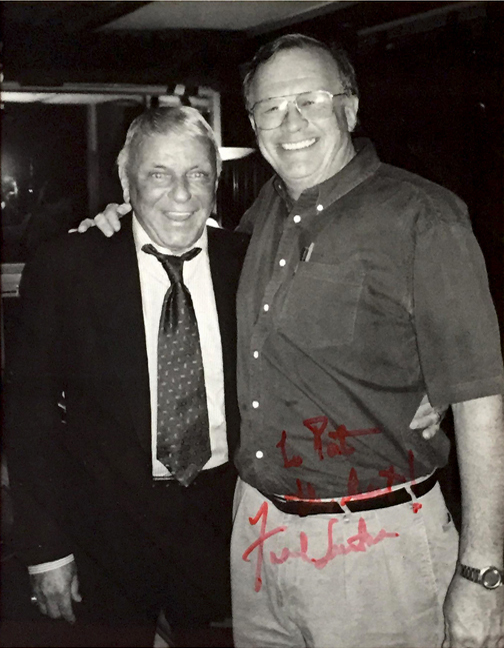 Education was also a priority for Patrick Williams. For five years, he was artistic director of the Henry Mancini Institute, a summer workshop where he mentored talented young musicians; its concerts at UCLA's Royce Hall were always exciting events filled with great music, mostly conducted by Williams. It also served as an occasional showcase for his recent, large-scale compositions (including "Adagio for Orchestra" and "Cascades," preserved on his 2013 album Moments in Time). Williams' last big-band album, the Grammy-nominated Home Suite Home (2015), was a joyous occasion for family and friends. The band at Capitol was swinging, the charts were challenging but fun, and there was applause in the booth after every playback. He had written pieces for his wife Catherine and all three of his children, along with tributes to arranger Neal Hefti and drummer Buddy Rich, and there were smiles, hugs and laughter throughout two days of recording. 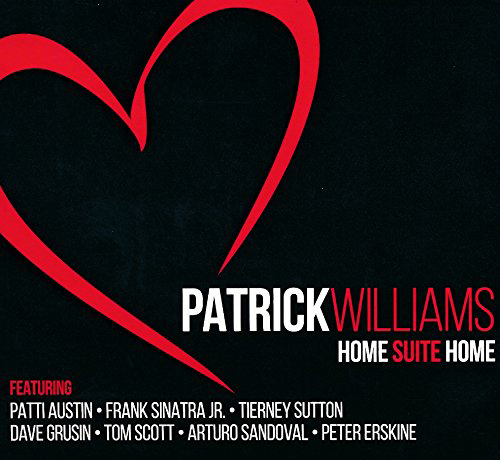 ©2018 Jon Burlingame |
Search
Past Features
|